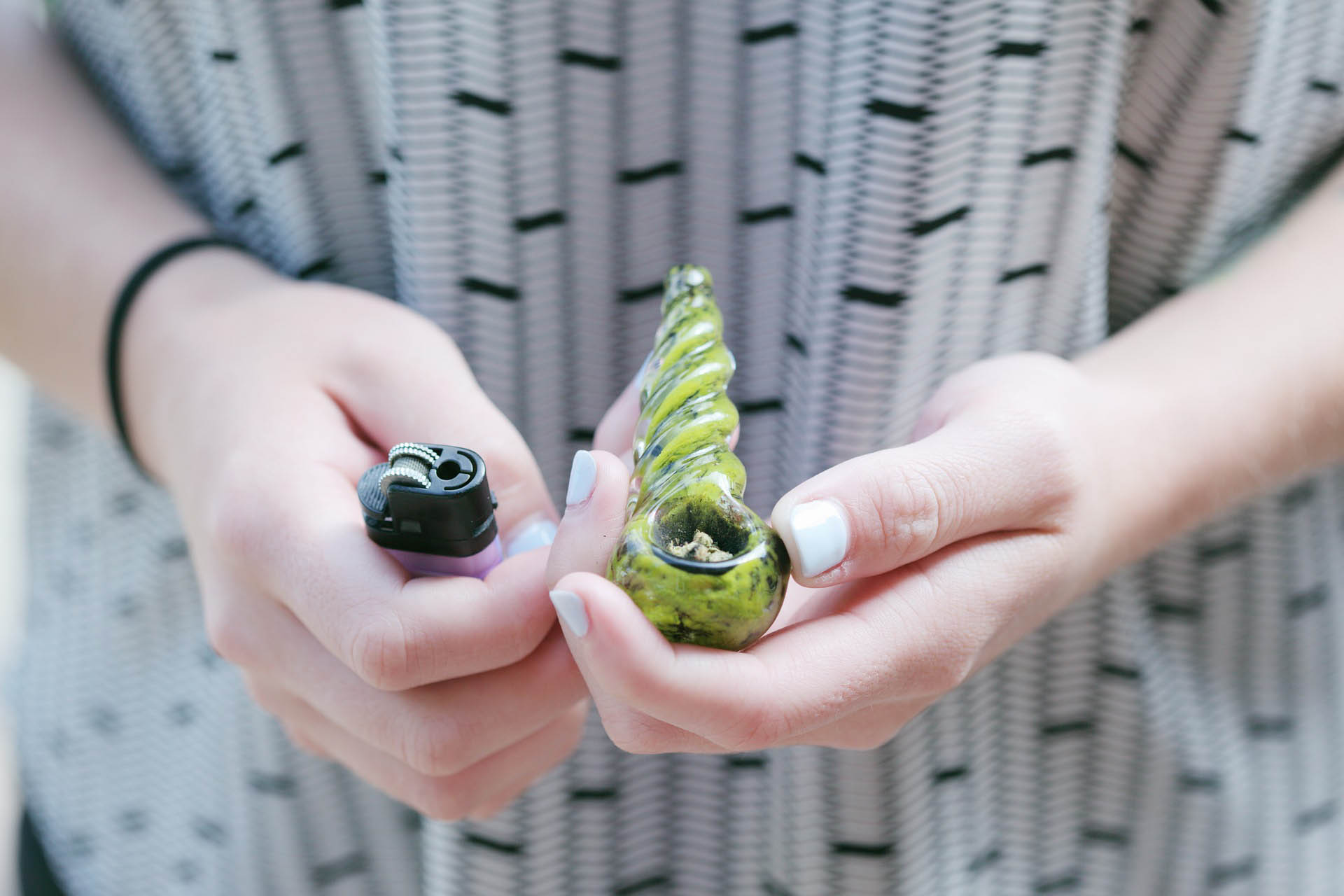
(Photo credit: Sharon McCutcheon/Pixabay Commons)
Two cannabis-based medicines used to treat epilepsy and multiple sclerosis, have been approved for use by the NHS in England. This ruling follows new advice issued by the drugs advisory body NICE on the use of cannabis-based treatments for a range of conditions.
Many people have been fighting for access to cannabis-based medications in the UK for years saying they have been effective in treating illnesses, in particular, certain forms of epilepsy in children.
In some cases, parents who have children with epilepsy have had to pay thousands of pounds to get the medicine from other countries and have been campaigning to have these treatments available on the NHS. Whilst many campaigners and charities have welcomed the news, some say it does not go far enough, with many other illnesses still not covered by the new licensing regulations.
The two drugs were developed in the UK but previously doctors had not been allowed to prescribe them to patients. The new guidelines now mean that doctors can prescribe Epidyolex for children with two types of severe epilepsy, Lennox Gastaut syndrome and Dravet syndrome, which can cause multiple seizures a day. Clinical trials have shown the oral solution, which contains cannabidiol (CBD), could cut the number of seizures by up to 40 per cent in some children.
The drug does not contain the main psychoactive component of cannabis, THC. It is estimated there are 3,000 people with Dravet and 5,000 with Lennox Gastaut syndrome in England.
Epidyolex was approved for use in Europe in September, but initially NICE said it was not value for money, as it costs between £5,000 and £10,000 per patient each year. However, the manufacturers have agreed on a lower discount price with the NHS.
The other treatment, Sativex, is a mouth spray that contains a mix of THC and CBD. It has been approved for treating muscle stiffness and spasms associated with multiple sclerosis. However, doctors will not be allowed to prescribe it to treat pain, which is something that many people say they illegally buy cannabis for as it is effective in treating their symptoms.
Sativex was first licensed for use in the UK in Wales in 2014 after clinical trials, but regulators in England said it was not cost-effective (It costs £2,000 per patient per annum.) now that decision has been reviewed and it will be available in England and Northern Ireland.
There has been a growing demand for a review of the use of cannabis-based medicines in the UK, with calls that the UK is behind other countries that will prescribe cannabis-based medicines for a variety of treatments. In Germany, for example, 142,000 prescriptions were issued in 2018.
The main reason given for this discrepancy is that the UK authorities say there is not enough evidence yet for the effectiveness of such medicines and more research and data is needed before a decision is made. This is rather ironic to give that the UK is the largest producer of medical cannabis in the world.
According to the United Nations International Narcotics Control Board, in 2016, the UK produced 44 per cent of global cannabis plants intended for medicine and scientific research. Much of this is exported to other countries that turn it into medicinal products, which the UK subjects to hefty import restrictions.
Cannabis has many different chemicals, and research is ongoing to identify which chemicals can help treat diseases such as epilepsy, MS and pain. The lack of availability on the NHS has meant that many people will seek other ways to get cannabis, which can include paying for private treatment abroad and importing the medicines at a significant cost – but also often involves breaking the law to buy illegal cannabis on ‘the streets.’
A recent study that included more than 10,000 people conducted by YouGov for the Centre for Medicinal Cannabis (CMC) and the Cannabis Advocacy and Support Services concluded that around 2.8 per cent (approximately 1.4 million people) of Britain’s adult population use street-available cannabis to treat medically diagnosed chronic health conditions.
Whilst some may illegally grow their cannabis the rest will rely on buying cannabis from ‘street’ dealers with the dangers of not knowing what other ingredients it could be mixed with and no regulations on the quality or potency of the drug they are buying. In addition to which they are breaking the law to buy it.
The survey has highlighted a growing situation in the UK, with people self-medicating with cannabis, but a safer solution is needed for those affected. The news that two cannabis-based products have now been given guidelines for use in the UK is a step forward for many patients. However, parents of children with epilepsy are paying thousands of pounds a month for medicines imported from Europe and Canada that contain both THC and CBD.
They claim that these medicines have dramatically reduced the number of seizures their children are experiencing and are angry that NICE has not approved any cannabis-based medicines for childhood epilepsy that contain both components.
Multiple sclerosis charities also argue the guidelines from NICE do not go far enough. They have been campaigning for years for access to Sativex and feel the new guidelines do not go far enough because no cannabis-based treatments have been recommended to treat pain – a common symptom of MS.
However, other healthcare professionals say that whilst results with cannabis-based products have shown promise in treating a range of conditions there is not enough long-term data on the efficacy of their use over time. In particular data on any possible long term effects, they may have on the developing brain in children is needed to ensure these therapies are suitable for long term use in young patients.
Rachel Kayani